Oregon State University's Center for the Outdoor Recreation Economy emerged from extensive conversations with industry leaders.
These industry partners described a growing skills gap and challenges in recruiting and retaining a truly diverse, equitable and inclusive workforce.
Through research, partnerships and industry-informed technical skills and leadership training programs, we’re dedicated to meeting these needs and connecting the outdoor recreation economy to its full economic, social and environmental potential.
An unrecognized powerhouse
In terms of its contribution to the GDP, the outdoor recreation industry rivals high-profile sectors like mining, agriculture and big pharma.
Grounded in local communities
With outdoor businesses in communities of every size and region, outdoor recreation economy contributes to the quality of life for rural and urban communities.
Supporting a small business renaissance
At a time when business consolidation is increasing inequality in the United States, the outdoor recreation economy is an engine for small business growth.

When children connect with the natural world: Their health improves; they do better in school; they develop social and emotional resilience.
Spending time outdoors improves the health of both children and adults. It also leads to more exercise, improved concentration, and better health.
Regular, equitable access to open, natural spaces improves community cohesion, reduces crime and results in increased civic participation.
Outdoor recreation connects us to place and increases our knowledge of and support for conservation and environmental engagement.
Land Acknowledgement:
Oregon State University in Corvallis, OR is located in the traditional territory of the Chepenefa ("Mary's River") band of the Kalapuya. After the Kalapuya Treaty (Treaty of Dayton) in 1855, Kalapuya people were forcibly removed to what are now the Grand Ronde and Siletz reservations, and are now members of Confederated Tribes of the Grand Ronde Community of Oregon (https://www.grandronde.org) and the Confederated Tribes of Siletz Indians (http://ctsi.nsn.us).

The Center for the Outdoor Recreation Economy is dedicated to advancing research and curriculum development, technical skills training and leadership programming for the U.S. outdoor industry.
We'd love to hear from you. Contact us at outdooreconomy@oregonstate.edu.